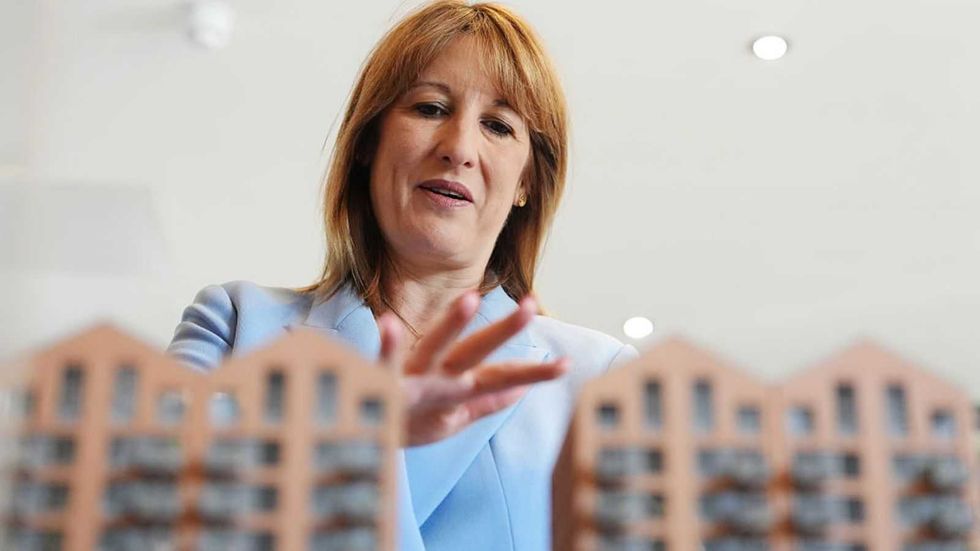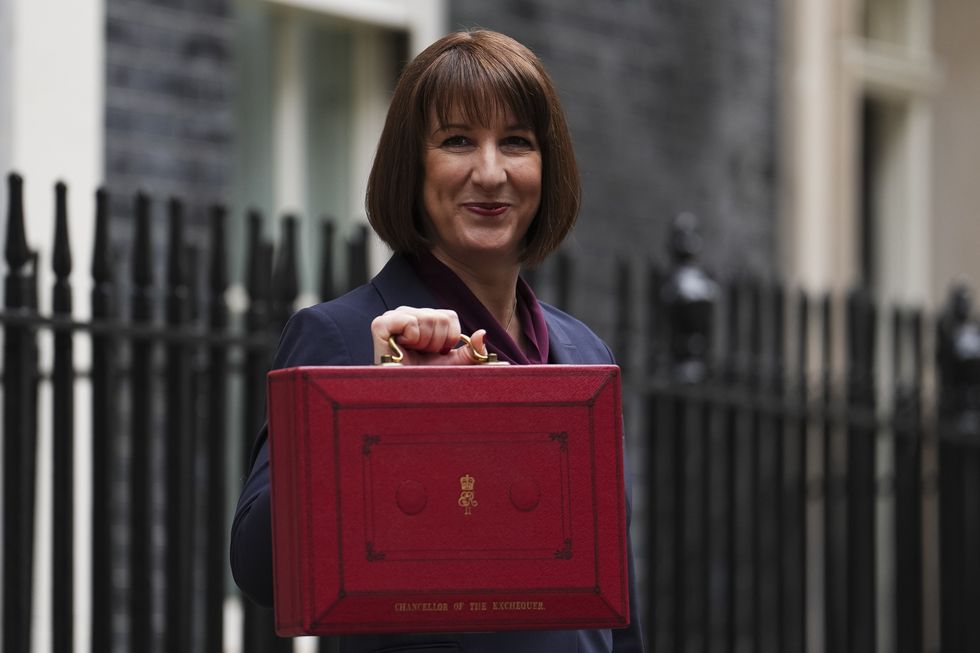Rachel Reeves has been urged to “stop fiddling while the UK burns” and increase income tax to fix the public finances.
The Institute of Directors has made an extraordinary appeal for higher income taxes, abandoning its traditional position of championing reduced taxation.
This volte-face from the organisation, which represents nearly 20,000 members from major corporations to smaller enterprises, reflects growing alarm about Britain’s economic trajectory.
The group’s chief economist, Ms Anna Leach, said: “If they politically cannot deliver spending cuts, it has got to be income tax increases.”
Ms Leach emphasised the necessity of spreading the burden widely, saying: “The more it is spread out, the less bad it will be.”
She added: “You have to stop fiddling while the UK burns. Take a step back and have the honest conversation about what is needed, otherwise we are just going to be here every fiscal event.”
The IoD’s intervention represents a watershed moment for an institution that has consistently advocated for lower taxation throughout its history.
Chancellor Rachel Reeves faces mounting demands to abandon Labour’s election commitment against raising taxes on ordinary earners, as the Government struggles with deteriorating public accounts.
She confronts a choice between implementing substantial spending reductions or breaking manifesto promises made just over a year ago.
Financial experts calculate the Treasury faces a shortfall ranging from £20billion to £50billion, whilst attempts to reduce expenditure have proved futile.

The Institute for Government and the Resolution Foundation, both organisations with Labour connections, have joined calls for income tax increases targeting middle earners.
The Resolution Foundation has proposed transferring 2p from employee National Insurance to income tax, generating £6billion.
Such measures would represent the first increase to basic income tax rates in half a century.
The proposals would see basic rate taxpayers paying 21 per cent, whilst higher earners face 41 per cent, generating more than £10billion annually for Government coffers.

Additional revenue of £7.5billion could materialise through extending the freeze on tax thresholds for two more years.
These increases would mark a significant departure from decades of fiscal policy, representing the most substantial adjustment to income taxation since the mid-1970s.
Corporate sentiment has plummeted to unprecedented depths following last year’s £25billion increase in employer National Insurance contributions.
The IoD’s business confidence survey recorded worse results than during pandemic restrictions or the 2022 mini-Budget crisis.
The organisation’s members report that Government policies have failed to stimulate growth whilst simultaneously undermining fiscal stability.
Ms Leach criticised the administration’s approach, saying: “Big tax increases on business … [with] an inability to exercise spending restraint so far, weakening fiscal credibility.”
LATEST DEVELOPMENTS:
- British towns given power to save run-down pubs in bid to revitalise ailing high streets
- Parents saving up to £7,500 a year on childcare costs – are you eligible?
- Nigel Farage challenges Bank of England to slash interest rates in face-to-face talks with

She demanded a comprehensive policy reversal at November’s Budget, warning: “The time when the Government could bail out everyone and sprinkle money around is past. We had crises, it did that during those. Now it is going to be difficult and it is going to be difficult for everybody.”
The fiscal crisis extends beyond taxation debates, with major infrastructure schemes falling victim to budgetary constraints.
Reports indicate the Northern Powerhouse Rail project connecting Liverpool and Manchester faces further delays due to concerns about construction costs.
Britain’s inflation trajectory remains troubling compared to other major economies, with the UK emerging as an outlier amongst G7 nations.
Our Standards:
The GB News Editorial Charter







Follow